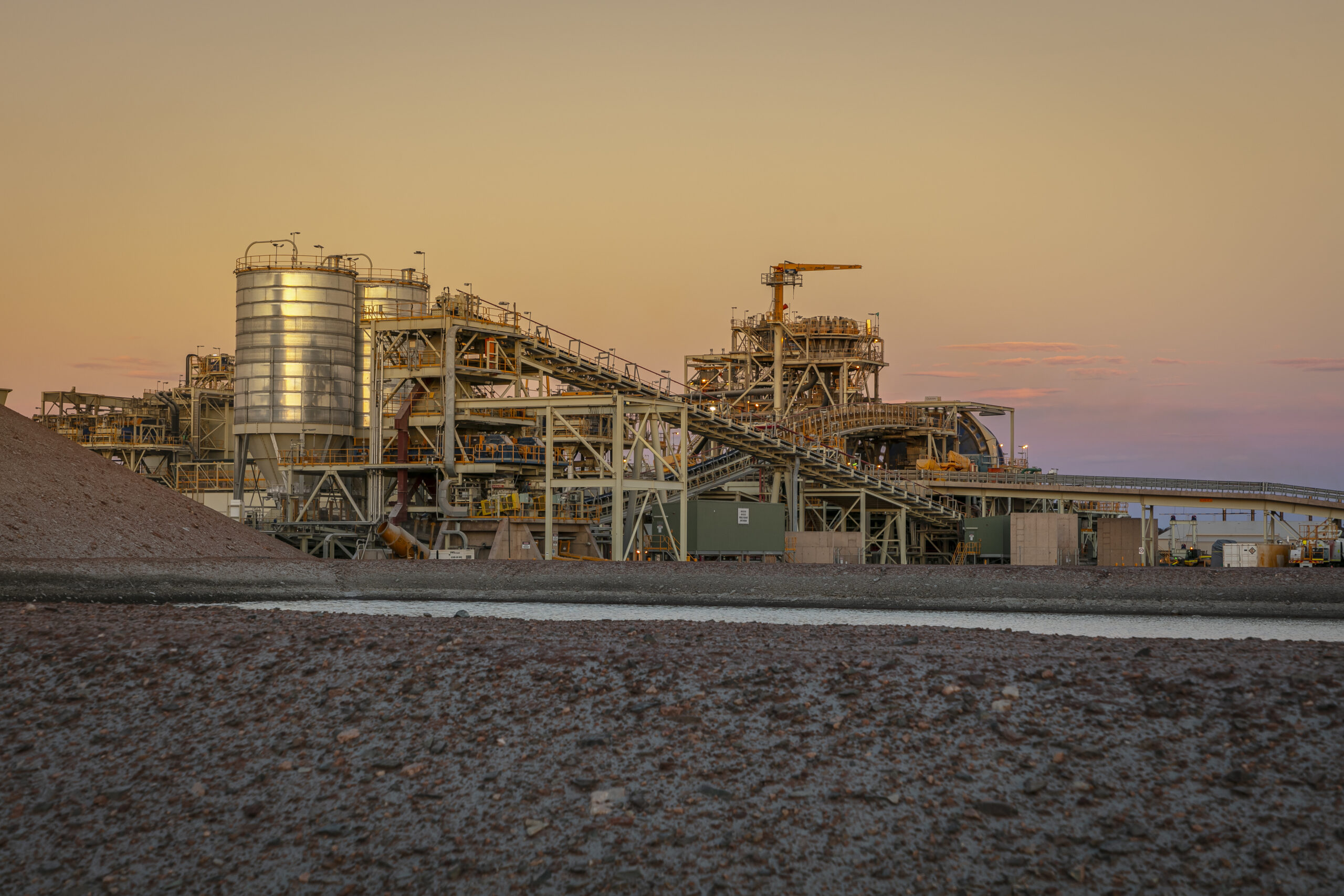It might feel counterintuitive to say, but the resounding victories for the ALP in state and federal elections this year may be the best outcome the Australian mining industry could’ve hoped for
At the West Australian level, the Cook Government and its Minister of Mines and Petroleum David Michael have done a satisfactory job in keeping relations with the industry on track – although final judgement will be reserved until we witness the outcomes of its approvals system reforms.
This is in keeping with a bipartisan entente cordiale between the WA Government and its mining sector. Both major parties know they need to keep the industry moving and growing, while the sector itself understands minimal disruption is the key to success so it chooses its battles carefully.
The Coalition did get up in Queensland in October 2024 and again, this can be viewed as the best outcome for the sector. Its victory has halted the worst excesses of Queensland Labor and the Greens and will hopefully ensure the resources sector is not demonised in the way it was in the latter part of the former Government’s term.
At the Federal level, things are more nuanced. I’ve written before about the certain sense of arrogance within the Coalition ranks in Canberra regarding the resources sector. From Paydirt’s interaction with both sides of politics, it feels like the ALP just “tries” a bit harder to understand and appreciate the resources sector.
Under Coalition governments, the distribution of portfolios sees Resources (if indeed it is given its own portfolio) always handed to the Queensland Nationals, meaning it becomes largely a default coal-focused ministry. This isn’t necessarily good news for Australia’s metals sector which has very different priorities from the coal majors.
In contrast, the ALP has always handed the portfolio to a West Australian. In fact, it has stayed in the same seat, first with Gary Gray and during the Albanese years with Madeleine King.
It makes sense, and the relative assessment by the major industry bodies highlight the schism between the approaches of the two majors parties. They may all talk about similar ideas, but the Minerals Council of Australia (MCA), Chamber of Minerals & Energy WA (CMEWA) and Association of Mining & Exploration Companies (AMEC) have very different priorities.
The MCA comes overwhelmingly from an East Coast coal (with a smattering of Hancock Prospecting Pty Ltd) perspective, while CMEWA (understandably) and AMEC (more broadly) take into account the strength and diversity of the WA mining sector.
Through this lens, the MCA stuck resolutely to supporting the Coalition during the election campaign, including taking a swipe at Labor’s national critical minerals stockpile policy. Indeed, it was one of the few industry bodies nationwide not to immediately congratulate Anthony Albanese on being returned.
In contrast, CMEWA and AMEC took a more balanced approach to their election talking points, perhaps knowing Labor eyes would be more focused on the non-coal sector than those of the Opposition.
All three groups rightly lauded what was undoubtedly the biggest positive for the industry from Albanese’s resounding victory; the elimination of the Greens as a major political force for at least the next three years.
There was also a second environmental bonus, with Tanya Plibersek removed from the Minister of Environment role. She became a figure of derision in the industry last year when she launched the Government’s Nature Positive policy with little consultation with industry and then used ministerial powers to block approval of Regis Resources Ltd’s McPhillamy’s gold project in New South Wales.
We do not yet know how her successor Murray Watt will approach the portfolio, but with the Greens out of the way, Labor will feel less pressure to sweeten any deals.
It may feel liked conventional wisdom that the industry would be better off under a centre-right government, but I get the feeling from this election and the geopolitical shifts around the world, Australians don’t want to veer too far from the centre. They rejected the more right-leaning element of the Coalition and the leftwing Greens.
If the Coalition had got up and the right-wing of the party felt emboldened, it would likely have soon run up against opposition, potentially causing a major swing back to the left.
In an era when populists on both sides of the political divide are making fantastical promises which have the potential to smash the global economy, moderation and centrism become key allies for business.

